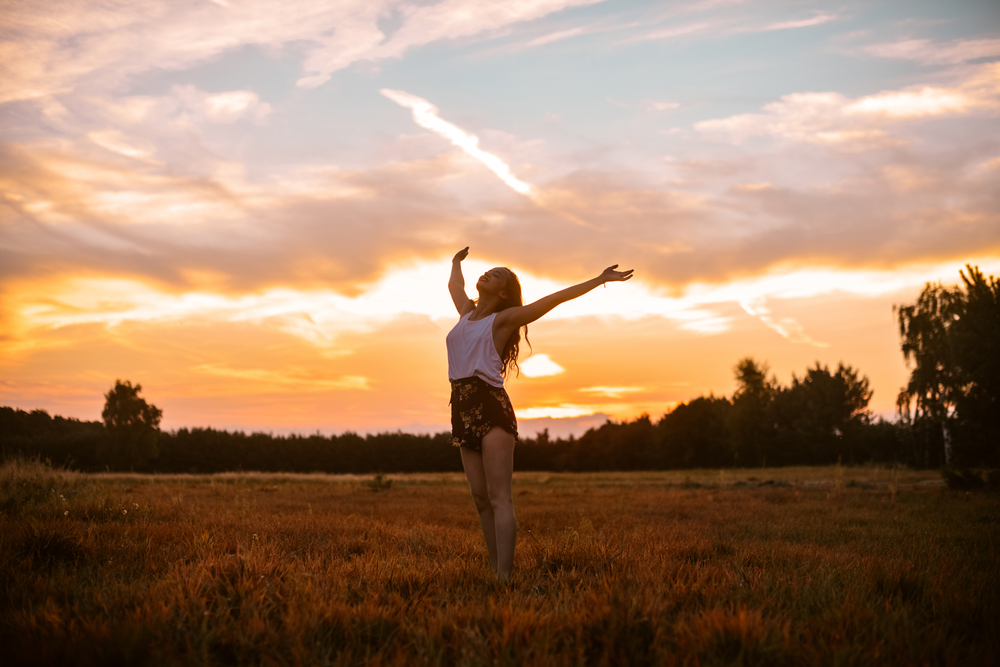I learned recently that my niece will be giving birth to a girl in February. This is not surprising. Our family has been giving birth to women for going on four generations. My sisters and nieces and I adore each other’s company. We love to sing together, and groom each other’s hair and toes, and talk about our lives, and dance and laugh. So, I am ecstatic about the imminent arrival of a girl baby, and I’m already picturing myself cradling this grandniece of mine, crooning to her, and appreciating all her girl-ness.
Most of the writing I have done—fiction, plays, even screenplays—has been focused on female characters. I’ve been endlessly fascinated with what it means to navigate this world in a woman’s mind and body. The situation is, as we all know, often grim. The struggles and indignities associated with being a woman in this world are legion. It almost feels redundant to list the ways women have been mistreated across the world and across the centuries. Female infanticide has been practiced in many countries. Girls and women continue to be subjected to rape, enslavement, trafficking, clitorectomy, physical assault, abuse. When they are not being physically abused women often endure various kinds of psychological abuse: they are shamed, mocked, derided, shunted aside, ignored. They are generally paid less and they frequently encounter the glass ceiling. To read more about the plight of women worldwide, I recommend the work of Rebecca Solnit who often writes with unvarnished honesty and solid research about the deplorable things that are routinely done to women. It is frustrating to see women making gains in one area or another for a period of time, only to face backlash and retrenchment a few years later. The situation for women and girls in Afghanistan at this very moment is a case in point. We feminists are like Sisyphus, always having to push and re-push that boulder uphill.
I have been railing against the second-class status of women for much of my life. One of my most recent novels (working title Hair on Fire) was born out of my outrage over the Kavanaugh hearings. Hardly a day goes by when I don’t feel the urge to punch the self-satisfied pink faces of some of the bloviating white men occupying the halls of power and legislating regressively about women’s bodies, among other things, over which they should not have oversight.
And yet, despite the indignities associated with being a woman, despite the number of times I have been treated less seriously than my male counterparts, despite the times where I have doubted myself because of the false bravado of men, despite the time as a young woman I was almost gang-raped and other times I was duped into having sex against my will, I have never wished to be born as anything other than a woman. It is my deepest wish for my grandniece that she loves being a woman as much as I do.
Why do I love being a woman? Because I love what women know. (Forgive me from here on out for over-generalizing.) We women know how to bond with each other. We know how to find and maintain friendships. We know how to collaborate to get things done. We know how to console others: children, friends, partners, colleagues. We know the value of compliments. We understand that strength has many faces and is not to be confused with bravado. We aren’t afraid to cry, or to make fools of ourselves dancing and singing. We can laugh at ourselves. We can enjoy sex and grow babies. How essential these things are, yet also often undervalued.
And more. We women can govern and adjudicate and heal and discover and invent and make art and organize and fight. We can negotiate and make peace and catalyze change. We can do these things with authority and a light touch, laughing off the men who deride us. I could cite many specific individuals who do these things, but every reader will have her own examples.
From a lifetime of observation it is my opinion that women, on the whole, have more fun at the project of living than men do. Most women I know are looser than their male partners. We are more likely to be spontaneous, more willing to go with the flow, less disturbed by a sudden change in plans. We share the enjoyment that comes from being in the trenches together and shoring each other up when things get hard.
I am not naïve enough to think that coming of age around 2040 won’t be challenging. The world is complicated enough now and is only likely to become more so. This grandniece of mine is going to have to possess skills I can’t begin to imagine, skills that haven’t yet been invented. But some fundamental human skills never become outdated, will always be essential to the human enterprise, and some of those are the skills most widely practiced by women. The talent for compassion, for seeing other people and finding what is good in them, the talent for creating goodness and beauty from what is immediately available, the talent for coaxing people into discovering joy no matter how hard things get. Knowing your parents, little grandniece, I suspect you will possess these talents in spades. And I hope that, no matter what setbacks you face as a result of your gender, you will still find loads to celebrate in being a girl and a woman.


Add Comment